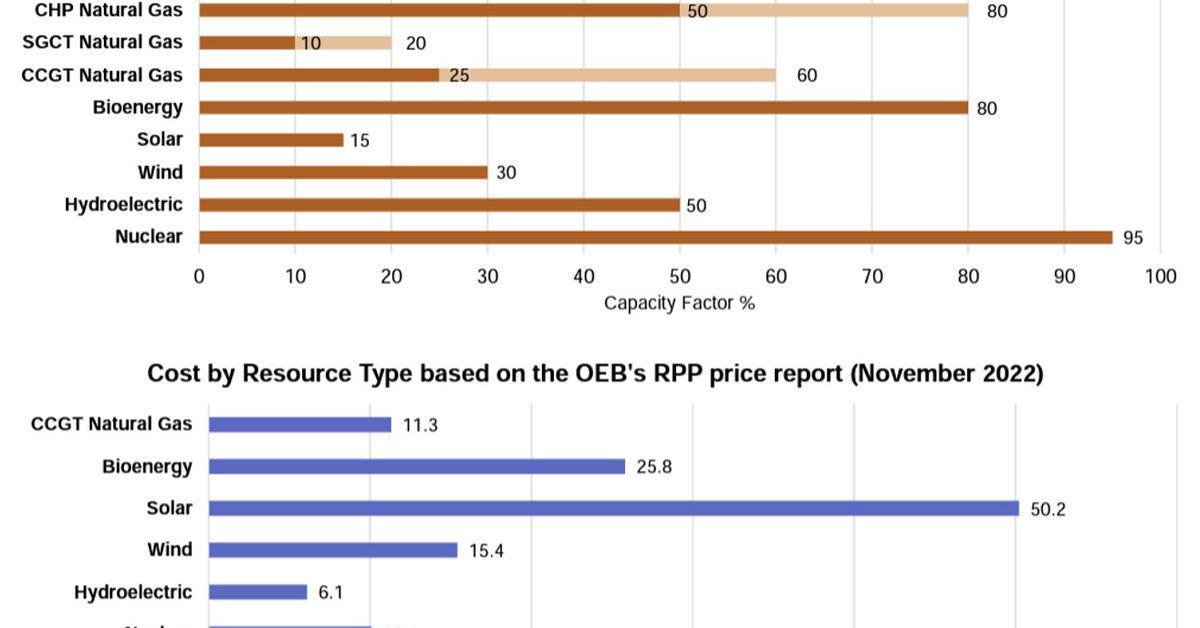The Federal Budget 2023, announced in March, showed strong support for nuclear power.
The budget offers a 15% refundable Investment Tax Credit (ITC) for clean electricity including nuclear and a 30% ITC for clean technology manufacturing (including nuclear energy equipment, and processing or recycling nuclear fuels).
The budget also explicitly backs nuclear power through a range of other initiatives, such as an extension of reduced tax rates, financing from the Canada Infrastructure Bank, cash for the regulatory authority, and half a billion dollars in SMR project investment.



Because they’ve built the production systems and talent to do it. Once you ramp up those systems then you can build quicker. We can’t anymore because of decades of anti-nuclear advocacy.
They also each discharge like 8-20 times the nuclear waste a year compared to the entire proposed discharge of Fukushima over the next 10 years.
Those plants are poorly built, like pretty much everything else over there. Just check how many hydro dams have broken this year so far.
Wasn’t the whole point of CANDU to be able to use nuclear waste?
Also, Fukushima literally sits in one of the most seismically active areas in the world in a country that’s notorious for having not enough land to build on. China has neither problem (neither does the US): you can’t build a Yucca Mountain in Japan.
The point of CANDU was that Canada at the time didn’t have the technology to build high pressure reactors that were the norm in the states. They had to find a different way to make power, and the solution was to use a fast neutron reaction. This meant that in exchange for not needing to contain a high pressure vessel, we needed a ready supply of heavy water. The side effect of all that meant that the CANDU reactors don’t need refined uranium, and can even run off of nuclear waste from the states, though the actual export of that wasn’t legal for most of the last half century.
BTW, Canada is one of the top exporters of heavy water thanks to this, in addition to all the money we made exporting CANDU reactors to other countries as well.
Fukushima is seismically active, but that doesn’t matter as long as it’s properly taken into consideration. In fact, the earthquake did no real damage to the plant in the first place. The issue was a design fault that the Americans put into the plant in the original design because they prioritized on the wrong thing. The backup generators were placed under the plant to protect them from terrorists, but the Japanese argued that the generators needed to be placed on the roofs or on nearby mountains to protect them from tsunamis. In the Fukushima incident, the plant was mostly unharmed, but the generator room got flooded, ruining the generators and the plant was unable to keep the coolant flowing because of it, and the partial meltdown happened.
Though the plant was like 10 years past it’s decommission date on top of things, so that just tells you how good of a job it did surviving earthquakes all this time.